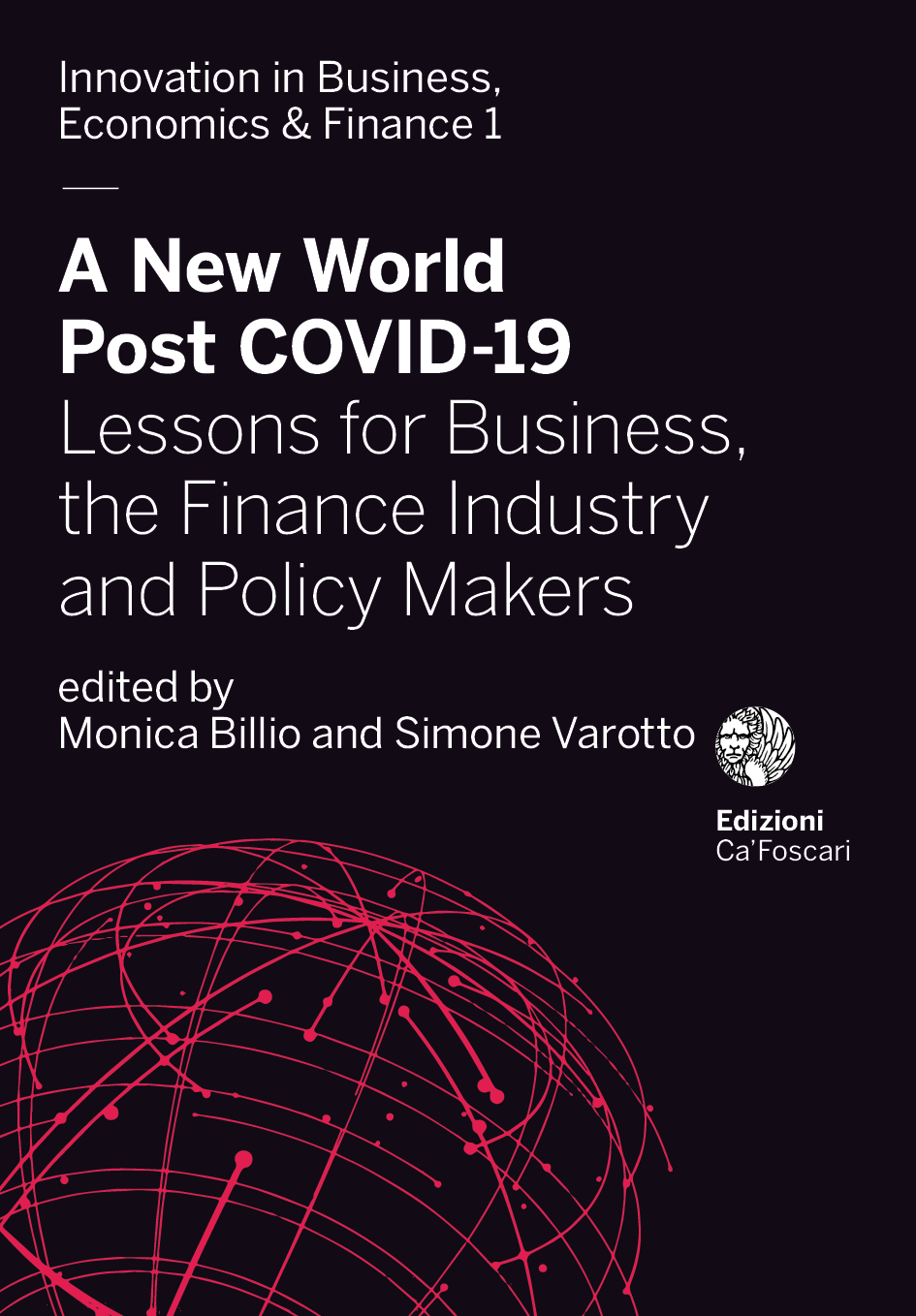On the Impact of COVID-19-Related Uncertainty

04.08.2020
Political uncertainty, COVID-19, Non-macro-related uncertainty, Ambiguity, Revenues, Employment
A New World Post COVID-19 Lessons for Business, the Finance Industry and Policy Makers - Edizioni Ca' Foscari, 31 July 2020
COVID-19 has generated a substantial increase in the level of economic policy uncertainty (EPU) around the World. Recent empirical investigations suggest that the COVID-19 has played a key role in amplifying the overall level of political uncertainty. In Italy, where anti-COVID-19 measures were implemented with some delay and were badly communicated, EPU rose dramatically. We examine the implications of rising COVID-19-related uncertainty for company revenues, gross operating margin and employment in 16 different Italian sectors. Our findings indicate construction, education, manufacturing activities and hospitality as the most hit sectors, with an average short-term drop in company revenues of around 4% in annual terms and a recovery time of almost two years. Thus, COVID-19-related uncertainty is found to be a significant business cycle driver.
COVID-19 has generated a substantial increase in the level of economic policy uncertainty (EPU) around the World. Recent empirical investigations suggest that the COVID-19 has played a key role in amplifying the overall level of political uncertainty. In Italy, where anti-COVID-19 measures were implemented with some delay and were badly communicated, EPU rose dramatically. We examine the implications of rising COVID-19-related uncertainty for company revenues, gross operating margin and employment in 16 different Italian sectors. Our findings indicate construction, education, manufacturing activities and hospitality as the most hit sectors, with an average short-term drop in company revenues of around 4% in annual terms and a recovery time of almost two years. Thus, COVID-19-related uncertainty is found to be a significant business cycle driver.
